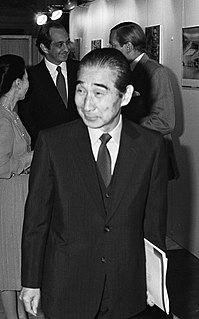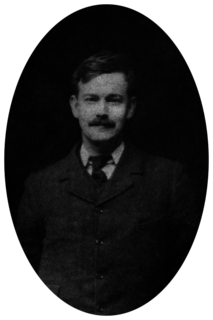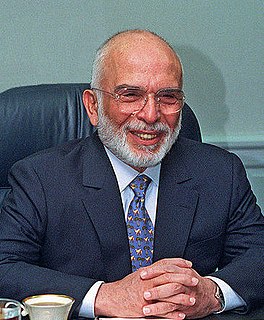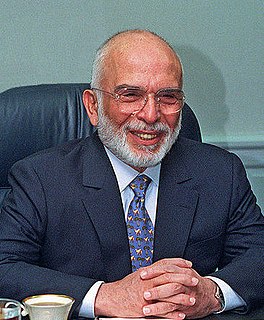A Quote by Pierre Teilhard de Chardin
Whether one welcomes or deplores it, nothing is more surely and exactly characteristic of modern times than the irresistible invasion of the human world by technology. Mechanism invading like a tide all the places of the earth and all forms of social activity.
Related Quotes
The world turns and the world spins, the tide runs in and the tide runs out, and there is nothing in the world more beautiful and more wonderful in all its evolved forms than two souls who look at each other straight on. And there is nothing more woeful and soul-saddening than when they are parted...everyting in the world rejoices in the touch, and everything in the world laments in the losing.
The tall building, concentrating man in one place more densely than ever before, similarly concentrates the dilemma of our public architecture at the end of the twentieth century: whether the new forms made possible by technology are doomed by the low calculations of modern patrons and their architects.
Anyone who has studied the history of technology knows that technological change is always a Faustian bargain: Technology giveth and technology taketh away, and not always in equal measure. A new technology sometimes creates more than it destroys. Sometimes, it destroys more than it creates. But it is never one-sided. The invention of the printing press is an excellent example. Printing fostered the modern idea of individuality but it destroyed the medieval sense of community and social integration.
Technology and the Internet have created a new set of relationships. It's changed the social fabric of promotion: advertising, dating. Part of art world judgment, part of it, is based on people's statistics; their measure of financial value: of likes, of popularity. Data and technology are invading the traditional and classic set of criteria.
Of all the systems of the body - neurological, cognitive, special, sensory - the cardiological system is the most sensitive and easily disturbed. The role of society must be to shelter these systems from infection and decay, or else the future of the human race is at stake. Like a summer fruit that is protected from insect invasion, bruising, and rot by the whole mechanism of modern farming; so must we protect the heart.
We ought to be keeping in mind that the technology is not just hardware and machinery, it is also software. So you can think of languages of the technology and writing of the technology and the social justice of the technology in what social justice does is reduce impacts on the Earth because the most impact is from the poorest and richest people.








































